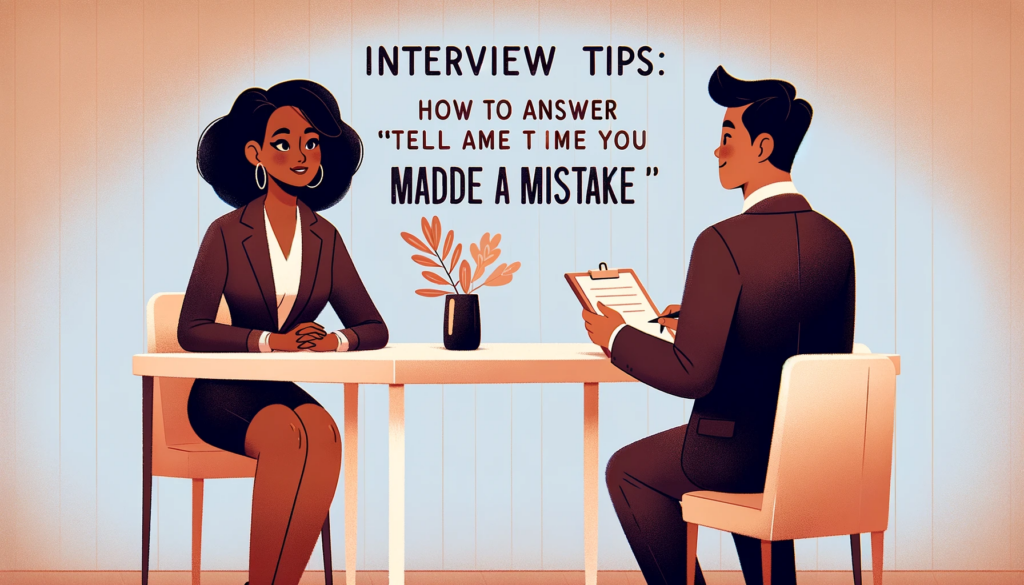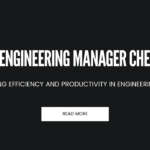Why Interviewers Ask This Question
To Gauge Responsibility and Learning. Interviewers ask this question not to focus on the mistake itself, but to understand how you take responsibility for it, learn from it, and demonstrate a commitment to improvement.

How to Answer the Question
- Choose the Right Mistake: Opt for a minor mistake, preferably more recent, that shows your ability to own errors, take in feedback, create improvement plans, problem-solve, and share lessons learned. Avoid mistakes that suggest ongoing character flaws, are crucial to the job’s skills, involve legal or ethical issues, blame others, or are trivial.
- Clearly Lay Out the Situation: Provide context for the mistake. Explain the overall goal and your specific tasks and responsibilities.
- Describe the Mistake: Be direct, honest, and use clear language. Avoid defensiveness or blaming others.
- Explain How You Addressed the Mistake: Describe the immediate actions you took to rectify the situation and the outcome of these actions.
- Discuss What You Learned and Future Prevention: Emphasize what the experience taught you and how it changed your approach or processes to prevent similar mistakes.
Example Answers
- Entry-Level Candidate: Discussing a group project mix-up in school and how they addressed and learned from it.
- Incorrect Assumption at Work: Sharing how a misunderstanding about a term (‘PMs’) led to a mix-up and the steps taken to rectify and learn from it.
- Manager’s Premature Judgment: A manager shares an incident of calling out a team member hastily and how they learned to approach such situations more sensitively.
- Retail Mistake with a Customer: A retail worker’s error in providing information about product availability and how they corrected it and improved their process.
Detailed Example Answer
Situation: Experience I would like to share here when I didn’t took the complete ownership of the work. I made a mistake and how I handled it. I was working with LSHC (Life Science) company to digitize there data and migrate it into the PLM system. I was engaged with them for close to 1.5 years and my Senior Manger reached out to me to lead an initiative (firm initiative) to develop the in-house solution for Data Migration.
Task: My responsibility was to guide the group of engineers and develop the MVP or POC on Data Migration leveraging my learning from LHSC data Migration. My SM had set the timeline of 3 Month to develop the POC. This initiative was an addition to the billable project I was working on. Mistake I did was I took it at lesser priority and didn’t own the initiative with the same ownership I worked for the billable project. Since I was engaged with the team at high level, after 3 months the solution we developed was lacking the bare minimum capabilities and this didn’t go well with my SM.
Action:
- My first response was very defensive, but later I did the introspection and understood my mistake
- I started listening to all the team members and SM noted down the feedback
- I Went back to whiteboard with my team, understood the current situation and discussed on How can we make things better
- I Challenged ourselves on the approach, and re-strategize to focus on bare minimum what we can deliver as POC
- I immersed myself fully into understanding the technicalities from requirement level, functional and design level
- I defined a clear roadmap, re-prioritize the use cases
Result: Though the initiative had a rocky start, with the well laid roadmap and clear success metrics, we have improved the overall efficiency of capabilities by over 60% in next 1 month.
Lesson Learned • Whatever work we are involved, we should own it completely
Key Takeaways
- Honesty and Reflection: Be honest about your mistake and focus on what you learned from it.
- Responsibility and Growth: Show that you take responsibility for your errors and are committed to learning and growing from them.
- Relevance to Job: Make sure the mistake and the learning are relevant to the job you are applying for.
This approach to answering the question demonstrates self-awareness, a willingness to learn and improve, and the ability to handle challenges constructively, all of which are valuable qualities in any professional setting.


